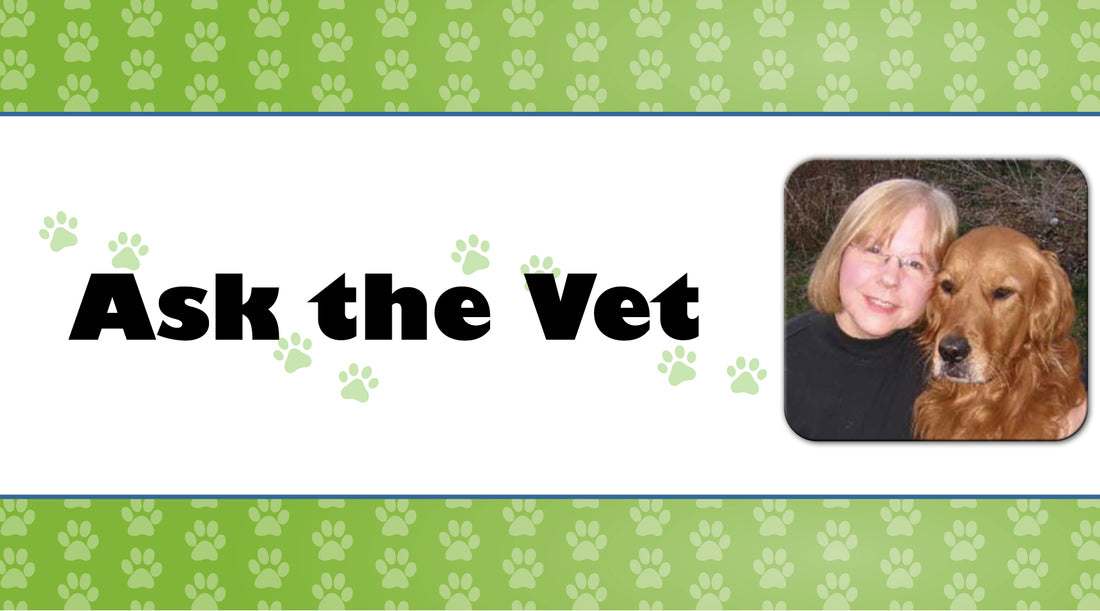Q. What should I do for my senior pup to keep him happy and healthy?
A. The first question is what age is considered a senior. The definition of a senior is the numerical number of years a dog has lived. Generally, it is considered to be 7 years of age. More specifically, small dogs are considered senior at 11 to 12 years of age, medium sized are 10 years, large pups are 8 years, and giant breeds are 6 to 7 years. Being a geriatric is considered a couple of years later and is a statement of health versus pure age.
As your best friend grows up, you have built a deep relationship with love, fun, and happiness. Now that Fido is approaching his senior years, there are many things you can do to keep him active and happy. No matter his age, here is a reminder of a few things you can do to maintain an active, happy dog. First, your dog needs 16 to 17 hours a day of sleep for good health. Dogs are crepuscular; meaning they are active at dawn and dusk. This is why Fido wakes you in the morning and is bouncing off the walls in the evening. Sniff walks are a must to keep his immune system sharp. Keep an ideal weight throughout his life. Joint supplements started as a teen need to continue. Keep him active. Remember if you don’t use it, he will lose it.
When your best friend hits the senior mile mark, take him to your veterinarian for a full exam and blood work-up. Just like us, when we become seniors, we do blood work to know if there is anything brewing. A baseline is helping your veterinarian to make recommendations going forward. Depending on your dog’s exam and lab results, other tests may be recommended. Your veterinarian may also recommend a checkup every 6 months if your pup is developing geriatric problems. Catching problems early will allow you to make changes to slow down or reverse a downward trend in your dog’s health.
Seniors may not be able to do what they used to do at the same intensity and duration. Weather may have a bigger impact on your best friend now versus when younger. Extreme heat and cold should be avoided. If activity in extreme cold or heat occurs, adjust to Fido’s current health and fitness level. If you haven’t been doing core fitness with your best friend, it is never too late. Core fitness is low impact and short duration stretches and exercises, which strengthens your pup overall. Osteoarthritis may be playing a part in your dog’s well-being. Watch for slowness getting up and lying down, reluctance climbing stairs, and getting into cars and trucks. There are nutritional supplements to reduce his discomfort and allow him to be more comfortable. If arthritis is severe, there are other modalities you can use besides supplements, such as, acupuncture, cold laser, EMP (electromagnetic pulse), red light therapy, chiropractic, eastern and western herbal formulas, conventional medications, and homeopathy.
There are senior commercial foods being marketed to dog owners. Because your pup is older, you do not have to change to a senior food. Many of these products reduce protein and up carbohydrates. Major dog food companies have found that this could negatively impact your dog’s long-term health. Talk to your veterinarian if a special diet is indicated. You can also consult a board-certified nutritional consultant if Fido has serious dietary needs. There are now nutritionists who can guide you in making an appropriate homemade diet.
If you have taken good care of your active pup over the years including exercise, keeping him at an ideal weight, giving him a good diet and veterinary care, your senior will be a happy dog for longer than the average.
Judith K. Herman, DVM, CVH
Animal Wellness Center
Augusta, Maine
www.mainehomeopahticvet.com

